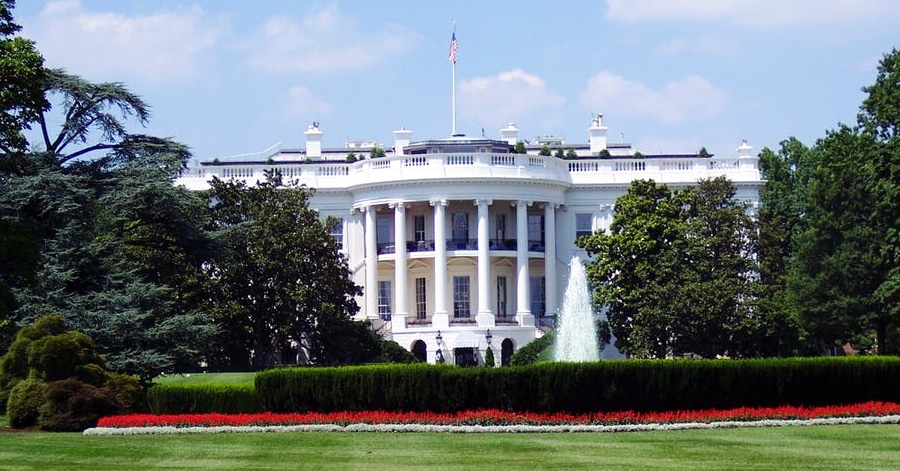House Democrats Pass Healthcare Reform; Republicans All Vote Against It

Last night, the US House of Representatives passed the long-debated healthcare reform bill in a late-night 219-212 vote. The vote sends the bill, which represents the most dramatic changes to health policy in forty years, to President Obama for his signature, which will turn it into law. The Senate has already passed it.
The changes outlined in the bill will extend health insurance to 32 million Americans who were previously uninsured, as well as expanding the government health plan for the poor, and imposing new taxes and strictures on the insurance industry, including removing the ability to deny coverage to people with pre-existing medical conditions.
The vote was the final straw in a battle between Democrats and Republicans that had monopolized the workings of Congress and caused President Obama’s approval ratings to suffer, but it was also the fullfillment of a goal that has been eluding American Presidents for the better part of a century.
In a late-night press conference at the White House, President Obama said, “Tonight, at a time when the pundits said it was no longer possible, we rose above the weight of our politics. ”
“This legislation will not fix everything that ails our healthcare system, but it moves us decisively in the right direction. This is what change looks like,” he said, speaking from the East Room.
Every Republican in the House voted against the bill, as did thirty-four Democrats, but the House Democrats who supported the new legislation hugged each other and cheered as the vote count reached the 216 required to pass the bill. Chants of “Yes we can!” were also heard from the House floor.
Republican critics of the bill said the $940 billion legislation was a “…heavy-handed instrusion in the healthcare sector…” and said it will increase the budget deficit, cause costs to rise, and reduce patients’ choices.
There is likely to be another battle over this bill in the campaign leading to this November’s Congressional elections, and many states are already filing lawsuits to challenge the new law.
Overhaul Means Big Changes
This healthcare overhaul, which has been the President’s first domestic priority, will usher in the biggest changes in the $2.5 trillion American healthcare system since Medicare was created in 1965.
Among the specific changes are the requirement for nearly all Americans to have health coverage, the provision of subsidies to assist lower-income workers in paying for coverage, and the creation of state-based insurance exchanges where those seeking coverage can shop for and compare plans.
Some of the bigger changes, such as the exchanges and subsidies, will not actually kick in until 2014, but the rules disallowing insurers to drop coverage for the sick will begin within the first year.
After the initial vote, the House also approved a group of changes to the Senate bill – changes the Senate will review this week under the budget reconciliation rules, which require only a simple majority of votes in order to pass. This package of amendments includes the elimination of Nebraska’s exemption from paying for Medicaid expansion costs, and the closure of a gap in prescription drug coverage, among others.
Republicans plan to challenge those changes, and believe they can block the passage of the second bill.
“Senate Republicans will now do everything in our power to replace the massive tax hikes, Medicare cuts and mandates with the reforms our constituents have been calling for throughout this debate,” said Senate Republican leader Mitch McConnell.
